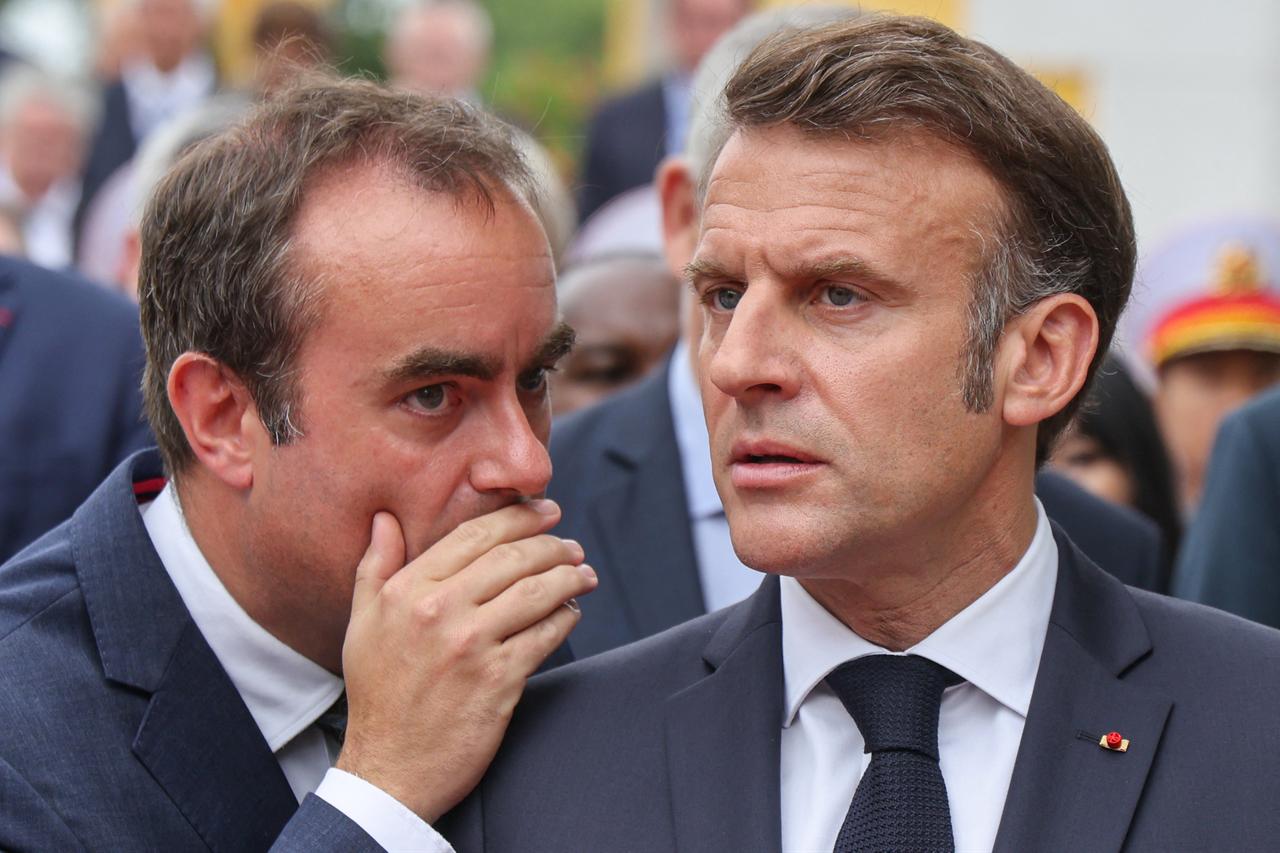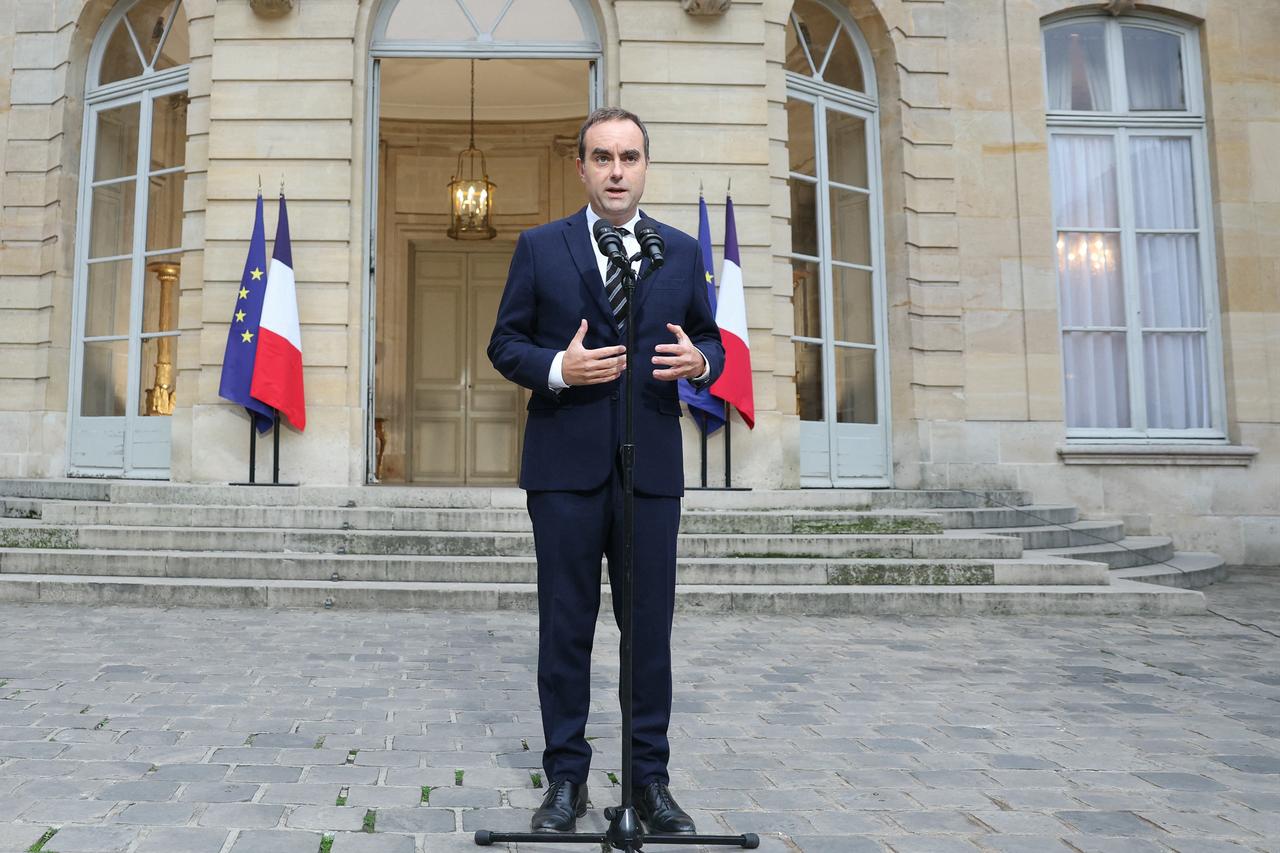
French President Emmanuel Macron on Monday accepted the resignation of Prime Minister Sebastien Lecornu, the presidency said, plunging the country deeper into political paralysis just one day after unveiling a new cabinet lineup.
The resignation sent Paris’ stock exchange tumbling 1.7%, further unsettling investors amid growing uncertainty over France’s political direction.
The CAC 40 index of blue-chip stocks was down more than 2% at around 0800 GMT.
Lecornu, appointed less than a month ago as Macron’s seventh prime minister, stepped down after unveiling a cabinet criticized across the political spectrum for its continuity and lack of renewal.
Despite limited reshuffles, opposition leaders branded the new government “pathetic” and “a procession of revenants.”
The new lineup retained several key ministers, including Foreign Minister Jean-Noel Barrot, Interior Minister Bruno Retailleau, and Justice Minister Gerald Darmanin. Rachida Dati, the culture minister facing a corruption trial next year, also kept her post.
Bruno Le Maire, Macron’s longtime economy chief, was shifted to the defense portfolio amid rising tensions with Russia, while Roland Lescure took over as economy minister, tasked with delivering a contentious austerity budget.
Opposition figures from both the right and left blasted the appointments. Far-right leader Marine Le Pen called the reshuffle “pathetic,” while National Rally head Jordan Bardella said the cabinet represented “continuity, not change.”
“We made it clear to the prime minister: it’s either a break with the past or a vote of no confidence,” Bardella warned on X.
Jean-Luc Melenchon, head of the hard-left France Unbowed party, described the new government as “a procession of revenants” and predicted it “will not last.”

France has been locked in political gridlock since Macron’s snap elections last year backfired, leaving parliament fractured between three major blocs. Lecornu’s predecessors, François Bayrou and Michel Barnier, were both ousted amid standoffs over France’s budget.
Analysts warned Lecornu’s government could face the same fate. “His odds of surviving are dwindling. The mood is darkening,” said Mujtaba Rahman, Europe director at Eurasia Group.
Paul Taylor, a senior visiting fellow at the European Policy Centre, told AFP: “If Lecornu fails, I don’t see much alternative to a dissolution. What a mess France is stuck in until 2027, and maybe longer.”
France’s public debt has reached record highs, now the European Union’s third-largest after Greece and Italy, nearing twice the EU’s 60% limit. The austerity budget—central to Macron’s reform agenda—faces fierce resistance in parliament.
Macron, whose approval ratings have sunk to their lowest levels, has ruled out resigning and insists he will serve his term in full, which runs until 2027.